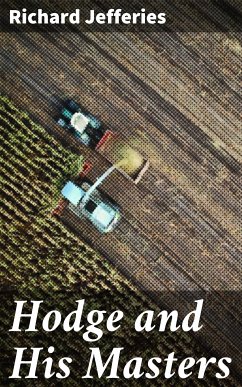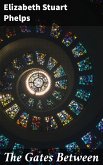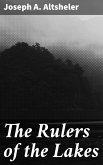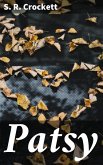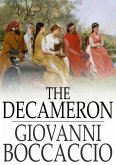In "Hodge and His Masters," Richard Jefferies crafts a poignant narrative that intricately weaves the lives of rural workers with the expansive landscape of the English countryside in the late 19th century. Through the titular character, Hodge'Äîan embodiment of the agricultural laborer'ÄîJefferies explores themes of social class, labor conditions, and man's relationship with nature. The prose is imbued with a lyrical quality that captures the beauty and brutality of rural life, reflecting the author's deep respect for nature and profound understanding of the struggles of the common man, making the work a significant literary contribution to the pastoral tradition. Richard Jefferies, a prominent voice in Victorian literature, was born into a farming family and often found inspiration from his experiences in the rural environment. His personal connection to the land and the challenges faced by agricultural workers informs the authenticity of Hodge'Äôs character and the compelling narrative. Jefferies's empathy for the laborers coupled with his keen observation skills allowed him to present an unflinching depiction of societal disparities, which resonates with the social reform movements of his time. This book is a must-read for those interested in social history, labor studies, and pastoral literature. Jefferies's masterful storytelling not only captivates the reader but invites reflection on the perennial struggles for dignity and recognition in labor. "Hodge and His Masters" remains a vital text that continues to echo the challenges of rural life, making it both relevant and resonant in today's context.
Dieser Download kann aus rechtlichen Gründen nur mit Rechnungsadresse in A, B, BG, CY, CZ, D, DK, EW, E, FIN, F, GR, H, IRL, I, LT, L, LR, M, NL, PL, P, R, S, SLO, SK ausgeliefert werden.
Hinweis: Dieser Artikel kann nur an eine deutsche Lieferadresse ausgeliefert werden.

